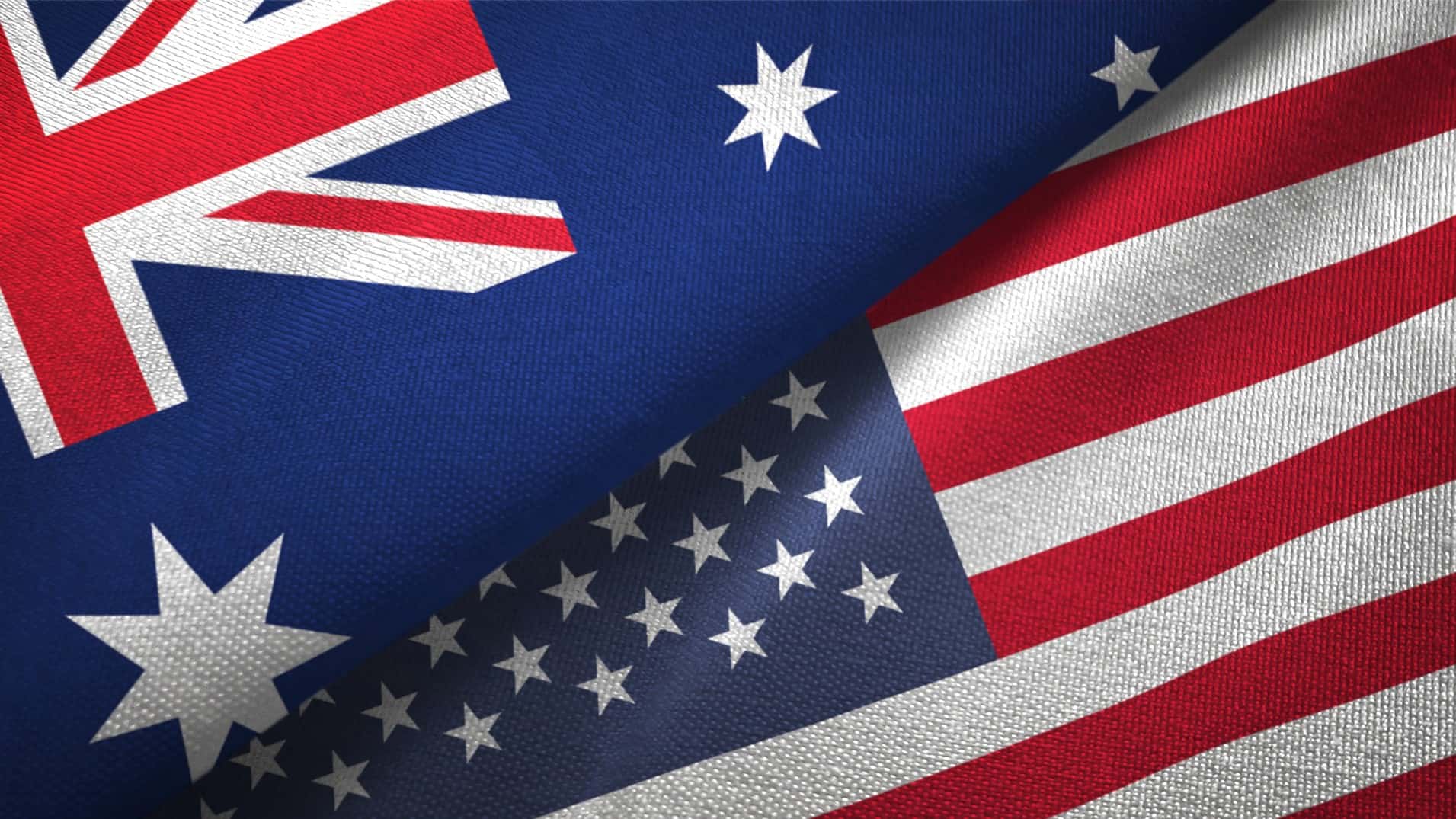
Investors holding iShares Core S&P 500 AUD ETF (ASX: IVV) units are benefiting from strong momentum in the US stock market in 2025.
The IVV exchange-traded fund (ETF) tracks the performance of the S&P 500 Index (SP: INX) before fees.
It’s an easy way of gaining exposure to the roaring US share market without having to trade on an overseas exchange.
Geographical diversification is valuable in any investor’s portfolio to help us capture the best returns and reduce our overall risk.
While the ASX follows the US closely in terms of whether it goes up or down each day, the pace of that movement often varies.
For example, in the year to date, the S&P 500 is up 14% while the S&P/ASX 200 Index (ASX: XJO) is up 4.2%.
Another benefit of the IVV ETF is that it provides exposure to some of the world’s largest and most profitable companies.
The exchange-traded fund’s top 10 holdings are Nvidia Corp (NASDAQ: NVDA), Apple Inc (NASDAQ: AAPL), Microsoft Corp (NASDAQ: MSFT), Amazon.com, Inc. (NASDAQ: AMZN), Alphabet Inc Class A (NASDAQ: GOOGL), Broadcom Inc (NASDAQ: AVGO),  Alphabet Inc Class C (NASDAQ: GOOG),  Meta Platforms Inc (NASDAQ: META), Tesla Inc (NASDAQ: TSLA), and Berkshire Hathaway Inc Class B
(NYSE: BRK.B).
Today, the IVV ETF is trading on the ASX for $69.14 per unit, up 1.04%.
Let’s find out what $10,000 invested a year ago is worth today.
What is a $10,000 investment in IVV ETF now worth?
On 25 November 2024, the IVV ETF closed at $61.25 apiece.
If you had invested $10,000 in IVV then, it would have bought you 163 units (for $9,983.75).
There’s been a capital gain of $7.89 per unit since then, which equates to $1,286.07 of capital growth.
Therefore, your portfolio is now worth $11,269.82.
What about dividends?
IVV pays four distributions (dividends) per year.
The ETF paid investors $2.134185 per unit in December 2024, $1.764574 per unit in March this year, $1.866967 per unit in June, and $1.994748 in September.
This means you would have received just over $7.76 per unit of income over the past 12 months, or $1,264.88 in total.
Total returnsâ¦
Your capital gain of $1,286.07 plus your income of $1,264.88 gives you a total return of $2,550.95.
Now remember, you invested $9,983.75 buying your 163 units on 25 November 2024.
This means you have received a total return, in percentage terms, of 25.55%. Wow!
And that happened during a year of turmoil, too. Remember the April rout caused by new US tariffs?
A distant memory now.
The IVV ETF has more than $705 billion in funds under management and charges a 0.03% annual fee.
The post $10,000 invested in IVV ETF a year ago is now worth… appeared first on The Motley Fool Australia.
Should you invest $1,000 in iShares S&P 500 ETF right now?
Before you buy iShares S&P 500 ETF shares, consider this:
Motley Fool investing expert Scott Phillips just revealed what he believes are the 5 best stocks for investors to buy right now… and iShares S&P 500 ETF wasn’t one of them.
The online investing service he’s run for over a decade, Motley Fool Share Advisor, has provided thousands of paying members with stock picks that have doubled, tripled or even more.*
And right now, Scott thinks there are 5 stocks that may be better buys…
* Returns as of 18 November 2025
.custom-cta-button p {
margin-bottom: 0 !important;
}
More reading
- What $5,000 invested in ASX ETFs today could become in 10, 15, and 20 years
- 5 excellent ASX ETFs to buy in December
- The best ASX ETFs to buy and hold for 20 years
- My plan of attack for the next share market crash
- The best ASX ETFs to buy for global investing in 2026
Motley Fool contributor Bronwyn Allen has positions in iShares S&P 500 ETF. The Motley Fool Australia’s parent company Motley Fool Holdings Inc. has positions in and has recommended Alphabet, Amazon, Apple, Berkshire Hathaway, Meta Platforms, Microsoft, Nvidia, Tesla, and iShares S&P 500 ETF. The Motley Fool Australia’s parent company Motley Fool Holdings Inc. has recommended Broadcom and has recommended the following options: long January 2026 $395 calls on Microsoft and short January 2026 $405 calls on Microsoft. The Motley Fool Australia has recommended Alphabet, Amazon, Apple, Berkshire Hathaway, Meta Platforms, Microsoft, Nvidia, and iShares S&P 500 ETF. The Motley Fool has a disclosure policy. This article contains general investment advice only (under AFSL 400691). Authorised by Scott Phillips.
Leave a Reply